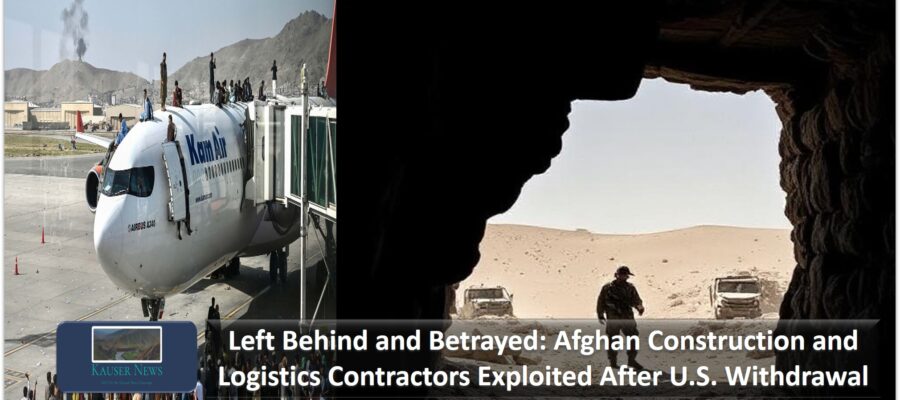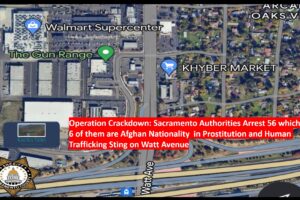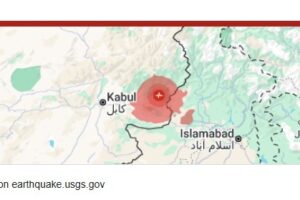Kabul, Afghanistan — When the United States and its NATO allies withdrew from Afghanistan in August 2021, the world watched a chaotic evacuation unfold. Tens of thousands of Afghans who had worked alongside American forces were left scrambling for a way out, fearing Taliban retaliation. Among those left behind were employees of Afghan construction and logistics companies that served as contractors and subcontractors for the U.S. military. For many of them, hope turned into betrayal—not just by international partners, but by their own employers.
The Quiet Backbone of U.S. Operations
During the two-decade U.S. presence in Afghanistan, local contractors played a vital role in military logistics, construction, and infrastructure. Afghan companies like [Company Name Redacted and dozens of others built forward operating bases, transported fuel and supplies, and maintained critical infrastructure for U.S. and NATO troops. These companies operated as contractors or subcontractors under massive U.S. defense contracts such as LOGCAP (Logistics Civil Augmentation Program) and other Department of Defense programs.
Tens of thousands of Afghans were employed by these firms, often working in high-risk areas under constant threat from insurgent attacks. Many of them had official employment records, ID badges, and letters of recommendation issued by their employers or U.S. military officers—documents that should have qualified them for Special Immigrant Visas (SIVs).
Selling the Path to Safety
According to multiple sources and firsthand testimonies, some Afghan company owners and middle managers exploited the chaos during and after the U.S. withdrawal to enrich themselves. In many reported cases, these employers sold genuine employment verification letters and SIV-related documents to individuals who had never worked for them—effectively hijacking the limited visa pipeline.
“We worked at [Haji Ajmal Construction company ] for over six years, building bases and running convoys,” said Ahmad*, a former logistics supervisor now in hiding in Kabul. “When the Taliban came, we asked the company for letters to support our SIV cases. They told us they had already issued the maximum number of letters. Later, we found out those letters were sold—sometimes for thousands of dollars—to people who never even worked a day in the field.”
Such fraudulent transactions created a dangerous dynamic: those who risked their lives in support of U.S. missions were left exposed, while people with no military affiliation used fake or misappropriated documents to secure evacuation and asylum abroad.
Lack of Oversight and Accountability
The problem, experts say, is rooted in a lack of oversight. U.S. contracting mechanisms relied heavily on local companies but offered little transparency or long-term monitoring after contracts were fulfilled. In many cases, the documentation of employment was left entirely in the hands of Afghan business owners, with no centralized U.S. verification process.
A former U.S. Army contracting officer who worked at Bagram Airfield explained, “We hired these companies through intermediaries. Once the contract was done, we moved on. There was no system in place to track whether the workers got what they were promised—or even whether their identities were properly documented.”
This vacuum allowed opportunists to profit, sometimes even using American military letterhead or forged signatures to create fake reference letters. Meanwhile, genuine workers were denied the chance to escape.
Abandoned and in Danger Today, hundreds—possibly thousands—of former workers for U.S.-linked Afghan construction and logistics companies remain stranded in Afghanistan. Some have been targeted by the Taliban for their past affiliations, while others live under constant fear of being discovered. Many have tried to restart the SIV or P-2 referral process, only to be met with bureaucratic dead ends or the inability to prove their employment history.
“We are not asking for charity,” said Fatima*, whose brother was killed in 2018 while transporting supplies to a U.S. base in Khost. “We worked honestly. We helped your soldiers. We deserve protection, not betrayal.”




